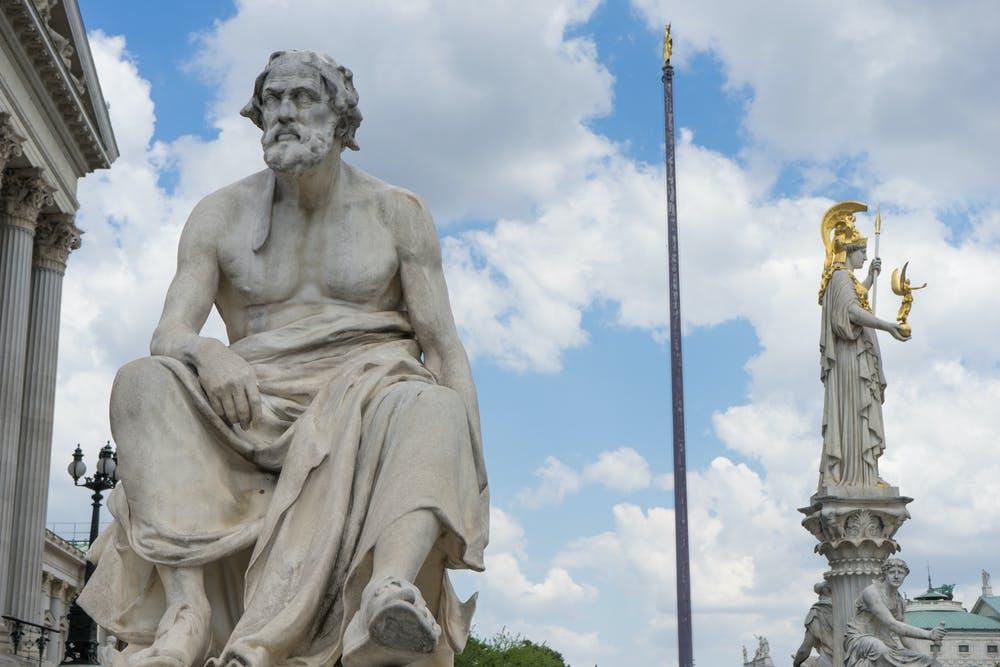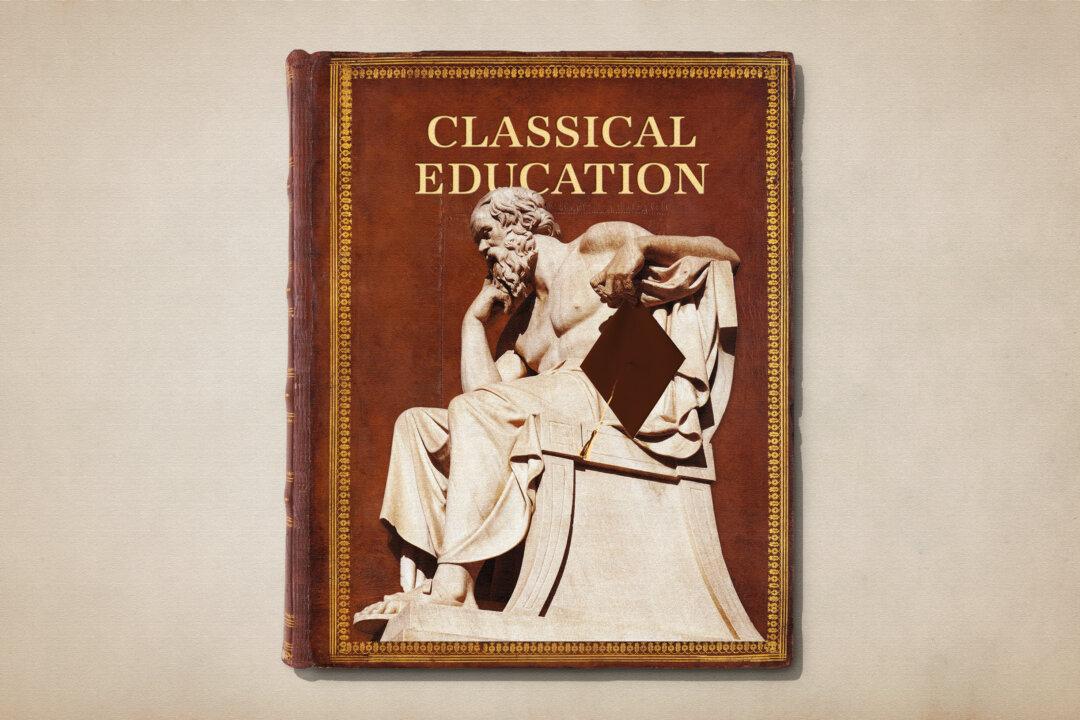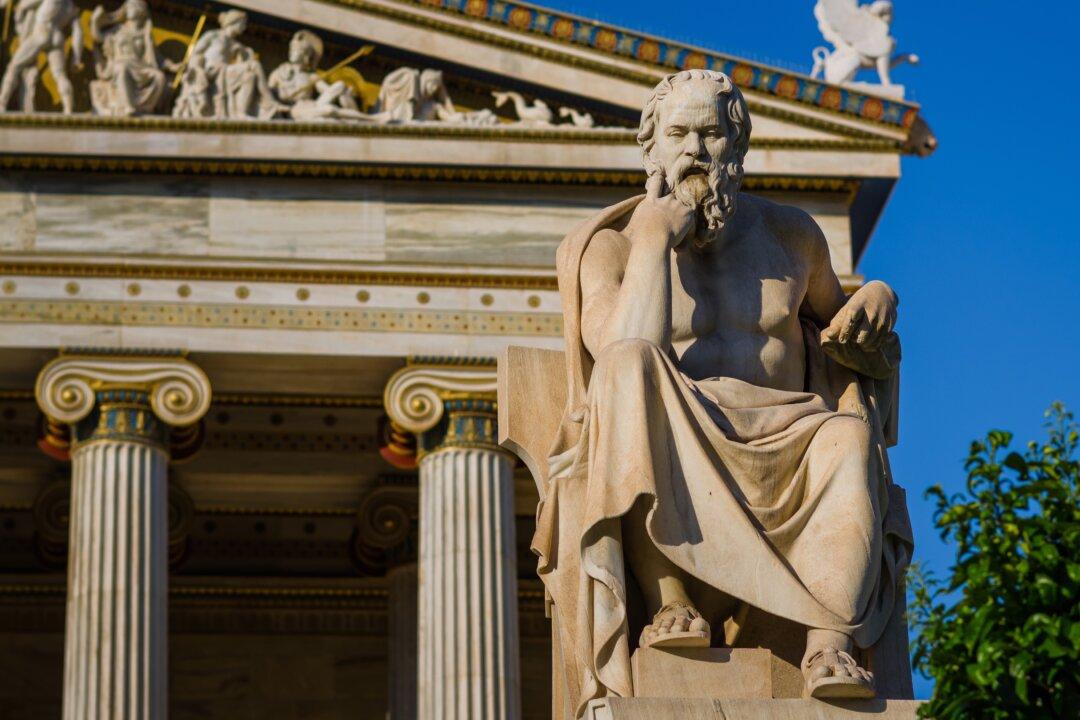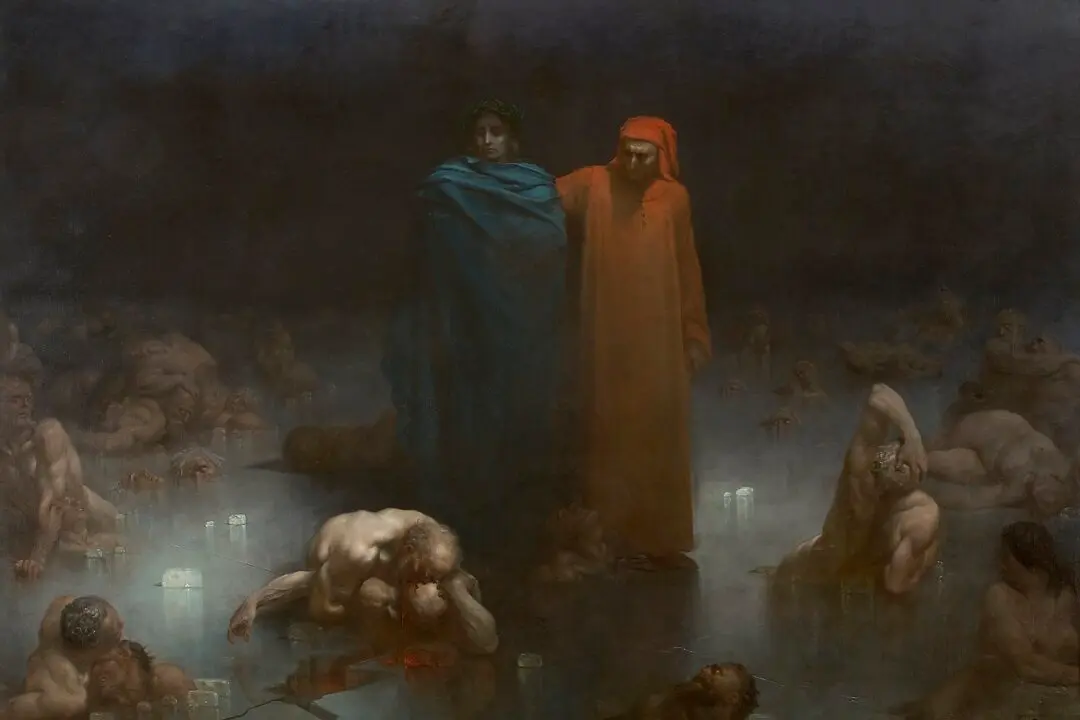Commentary
While leading public and private universities still seem to refuse to have students absorb the best parts of our history and traditions, there are, however, diamonds in the rough, places where great books and ideas, masterpieces and heroes, and beauty and sublimity are still imparted to young minds.





